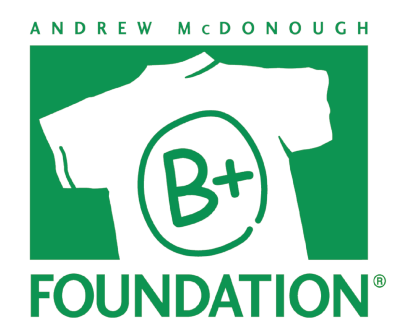Comprehensive molecular profiling of pediatric adrenal tumors
Dr. Ronald de Krijger – Princess Máxima Center, Utrecht, The Netherlands
Pheochromocytomas (PCCs) and paragangliomas (PGLs, together denoted as PPGLs) are rare endocrine tumors originating from chromaffin cells in the adrenal medulla (PCC) and extra-adrenal paraganglia (PGL). While all PPGL are considered malignant, their clinical behavior is variable. Most non-syndromic patients will not suffer from recurrent disease, but the rate of hereditary disease is high, up to 40% of patients, and these are prone to the development of a second primary tumor, that needs to be distinguished from a local or metastatic recurrence. This leads to patient anxiety and high cost of follow up investigations.
Adrenal cortical adenomas and carcinomas are rare endocrine tumors arising from the adrenal cortex. Adenomas are benign and do not need follow up after their removal, whereas carcinomas, mainly in older children frequently lead to death of the patient. Distinction of adenomas and carcinomas can be extremely difficult on the basis of the current multifactorial histological and immunohistochemical classification systems. Thus, there is a need for more accurate classification in relation to clinical behavior for PPGL as well as for adrenal cortical tumors (ACT) in children, where data are scarce, but seem to indicate that classification systems used for adults cannot be applied.
We propose to retrospectively collect a series of approximately 50 PPGL and 50 ACT, both groups enriched for patients with unfavorable clinical behavior. From all patients relevant metadata include age, sex, biochemical status, pathology report, Wieneke classification (for ACT), Ki67 labeling index, and genetic status. Frozen or paraffin- embedded tumor tissue will be used for DNA and RNA extraction according to standard methods and subjected to whole exome or whole genome sequencing, as well as whole transcriptome sequencing in the laboratory for pediatric oncology at Princess Maxima Center, according to established procedures and using automated bioinformatical analysis with manual procurement where needed. Genetic variants will be called in any of the cancer predisposition genes for which the current pipeline has been validated (n=600). Furthermore, gene expression profiles will be used for cluster analysis of tumors in relation to the same or different tumor types for which the classifier has been trained. Specifically, differential clustering within the group of PPGL or of ACT will be analyzed and gene expression profiles will be related to outcome. In depth analysis of most differentially expressed genes between groups will be done, including validation on an independent group of patients or by protein-based techniques such as immunohistochemistry.

